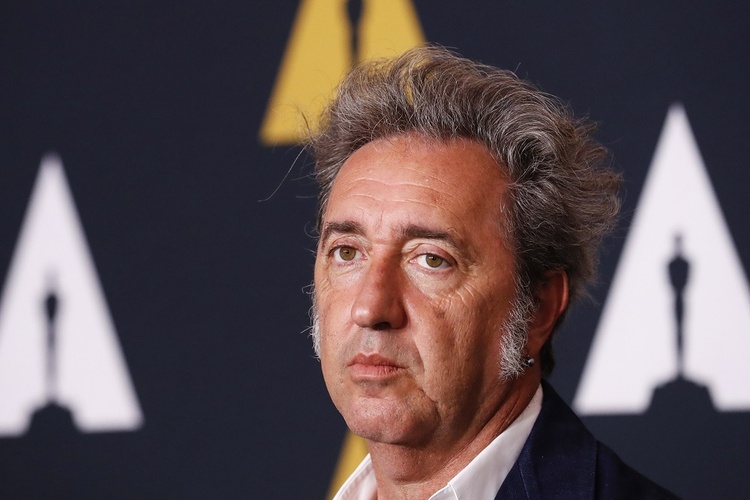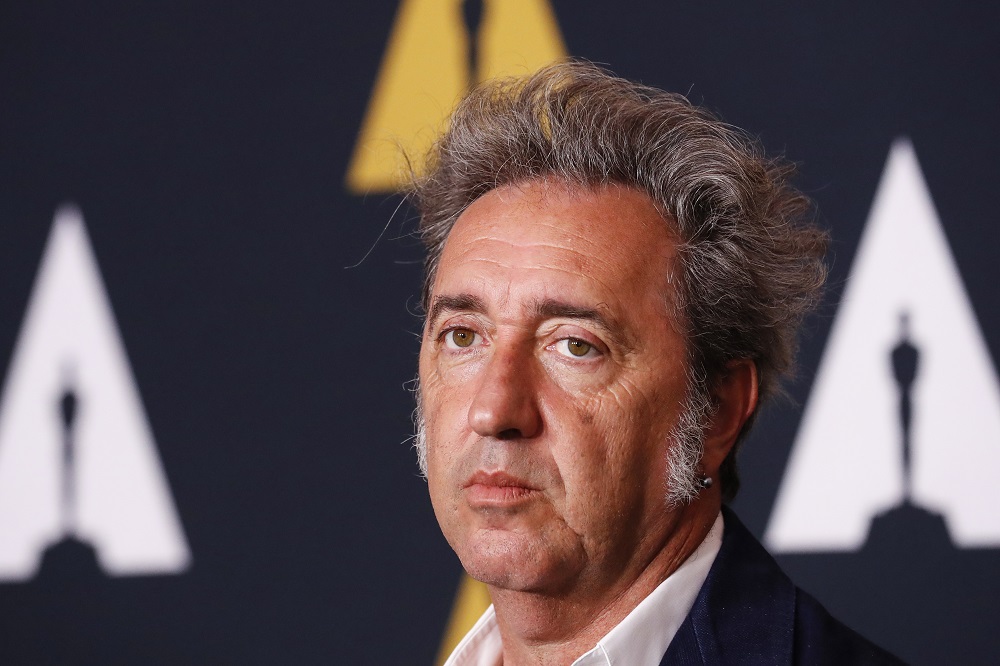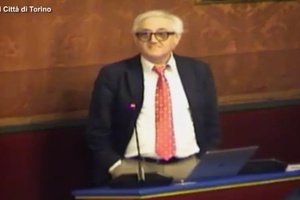The Oscar went to Drive My Car, a Japanese drama-road film co-written and directed by Ryusuke Hamaguchi.
Italy’s two other contenders at the Oscars also came away empty-handed.
Massimo Cantini Parrini was in the running in the best costume design category for Cyrano, but it was Jenny Beavan who won the Oscar for her work on Cruella.
Meanwhile, Enrico Casarosa’s Luca was nominated in the best animated feature category, but Encanto ended up taking home the top prize.
Monday night’s ceremony at the Dolby Theatre made history in many ways.
Hollywood’s most prestigious awards ceremony returned to all-out glitz after pandemic restrictions limited the event last year.
CODA, a heart-warming movie about a deaf family with a hearing daughter, won a landmark best picture prize, though it was overshadowed by best-actor winner Will Smith’s slapping of presenter Chris Rock.
CODA became the first movie from a streaming service, Apple TV+, to win the film industry’s biggest prize.
When the movie won Oscars for best picture, best supporting actor and best adapted screenplay, nearly everyone in the audience stood and applauded in sign language.
“I really want to thank the Academy for recognising a movie of love and family at this difficult time that we need today,” producer Patrick Wachsberger said in front of the film’s cast standing on stage.
The mood turned sombre, however, after Smith slapped Rock following the comedian’s reference to the 1997 movie G.I. Jane, in which actress Demi Moore shaved her head.
The comment was directed at Smith’s wife, who told Billboard in December she has been battling the autoimmune disorder alopecia, which can cause hair loss and balding.
While many initially believed the slap was planned, it swiftly became clear the moment was in fact unscripted when Smith, who had returned to his seat, exchanged words with Rock that included a twice-repeated obscenity, shocking the audience.
Minutes later, Smith learned he had won best actor for playing the determined father of tennis legends Venus and Serena Williams in King Richard.
In his acceptance speech, he broke into tears and apologised to his fellow nominees and the Academy of Motion Pictures Arts and Sciences – but not Rock.
In other awards, Jane Campion became just the third woman in the 94-year history of the Oscars to win best director, for her dark Western Power of the Dog.
Jessica Chastain landed the best actress award for playing TV evangelist Tammy Faye Bakker in The Eyes of Tammy Faye.
Troy Kotsur made history as the first deaf man to win an Oscar, earning best supporting actor for his role in CODA.
Kotsur played Frank Rossi, the father of a teenager who struggles to help her family’s fishing business while pursuing her own aspirations in music.
“This is dedicated to the deaf community, the CODA community and the disabled community. This is our moment,” Kotsur said in a heartfelt speech delivered in sign language as he accepted the supporting actor honour.
Supporting actress went to Ariana DeBose for playing the spirited Anita, who sings America in Steven Spielberg’s remake of West Side Story.
DeBose also thanked “divine inspiration” Rita Moreno, who earned the best supporting actress award in 1962 for playing Anita in the original movie version of the musical.
Chastain, Nicole Kidman and other nominees donned a rainbow of colours for a ceremony with 2500 gown- and tuxedo-clad attendees, a contrast to last year’s pandemic-era, scaled-down ceremony in a train station.
After going three years without a host, a trio was chosen to guide Sunday’s ceremony: Amy Schumer, Regina Hall and Wanda Sykes.
“This year, the Oscars hired three women to host because it’s cheaper than hiring one man,” Schumer joked.
- With ANSA/AAP











